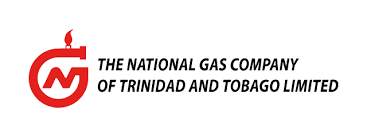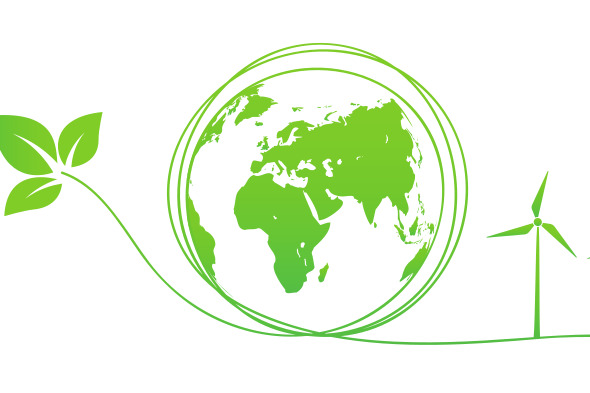Sustainability is a term worth reflecting on.
The most basic definition of sustainability is the capacity to maintain at a specific rate or level.
In accordance with several definitions, sustainability is thought to require, at least in part, the gradual evolution or adaptation of policies, methods, or procedures. Despite the absence of a universal description of the word ‘sustainability’, what is clear is that those businesses that do not practise and maintain it are likely to fail.
There are three aspects that form the foundation of business sustainability. These are: economic, which relates to profits, competitive advantage, and efficiency; environmental, which focuses on the triad of resource use, climate change, and biodiversity security; and the third, which addresses social issues relating to public-focused initiatives, care for human resources, and the product life cycle. Collectively, these are referred to as the ‘Triple Bottom Line’.
The Triple Bottom Line (TBL or 3BL) paradigm asserts that a company’s entire performance may and should be assessed not just in terms of its traditional financial bottom line, but also in terms of its social / ethical and environmental performance (Ahmad et al., 2019).








